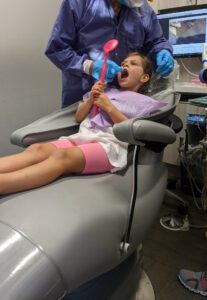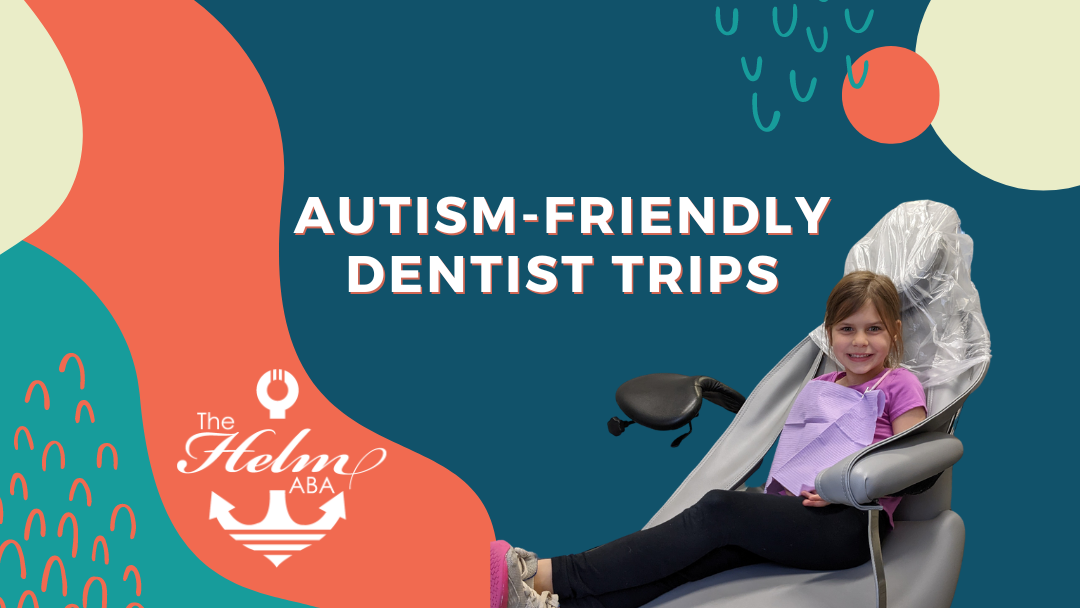Embarking on a trip to the dentist can be a daunting experience, especially for children on the autism spectrum. As parents, your support and preparation play a crucial role in ensuring a positive dental visit. In this guide, we’ll explore practical tips to help you prepare autistic child for their dental adventure and turn it into a positive and empowering experience.
Many children with autism have heightened sensitivities, and the dental office can be overwhelming. Start by familiarizing your child with the dental environment through visuals or social stories. Share pictures of the waiting area, dental chair, and friendly staff to reduce uncertainty.
Pre-Dentist Preparation
Social Stories:
Create a personalized social story detailing the dental visit. Include step-by-step explanations of what to expect, from the waiting room to sitting in the dental chair. Social stories provide a visual narrative that can ease anxiety.
Role Play at Home:
Transform your living room into a makeshift dental office. Take turns playing the role of the dentist and patient. Use a toothbrush to mimic dental instruments, making the experience feel familiar and even fun.
Visual Schedules:
Structure the visit by using visual schedules. Break down the process into manageable parts, allowing your child to grasp the sequence of events. Knowing what comes next can provide a sense of control.
Communication with the Dental Team
Advance Notice:
Inform the dental office about your child’s specific needs and preferences in advance. This allows the dental team to make necessary accommodations, creating a more inclusive and supportive environment.
Comfort Items:
Allow your child to bring comfort items, such as a favorite toy or a cozy blanket, to the appointment. Familiar items can serve as a source of comfort during unfamiliar situations.
During the Dental Visit
Positive Reinforcement:
Just like you would at home, encourage expected behaviors by providing reinforcers. Try to avoid foods as a reinforcer because that would most likely make the the dentist’s job more difficult.
Sensory-Friendly Considerations:
Discuss sensory preferences with the dental team. Some children may benefit from dimmed lights, sunglasses, or noise-canceling headphones to create a more comfortable environment. 
Post-Visit Celebration
Celebrate Achievements:
Regardless of how the visit goes, celebrate your child’s efforts. Positive reinforcement after the appointment reinforces the idea that the dental visit is a manageable and rewarding experience.
Establish Routine:
Build on the positive experience by establishing a post-visit routine. Whether it’s a special treat or a preferred activity, creating a positive association with dental visits can contribute to future success.
With thoughtful preparation and open communication, you can transform dental visits into manageable and positive experiences for your child on the autism spectrum. Empower them to navigate the dental adventure with confidence, knowing that you’re there to support every step of the way.

